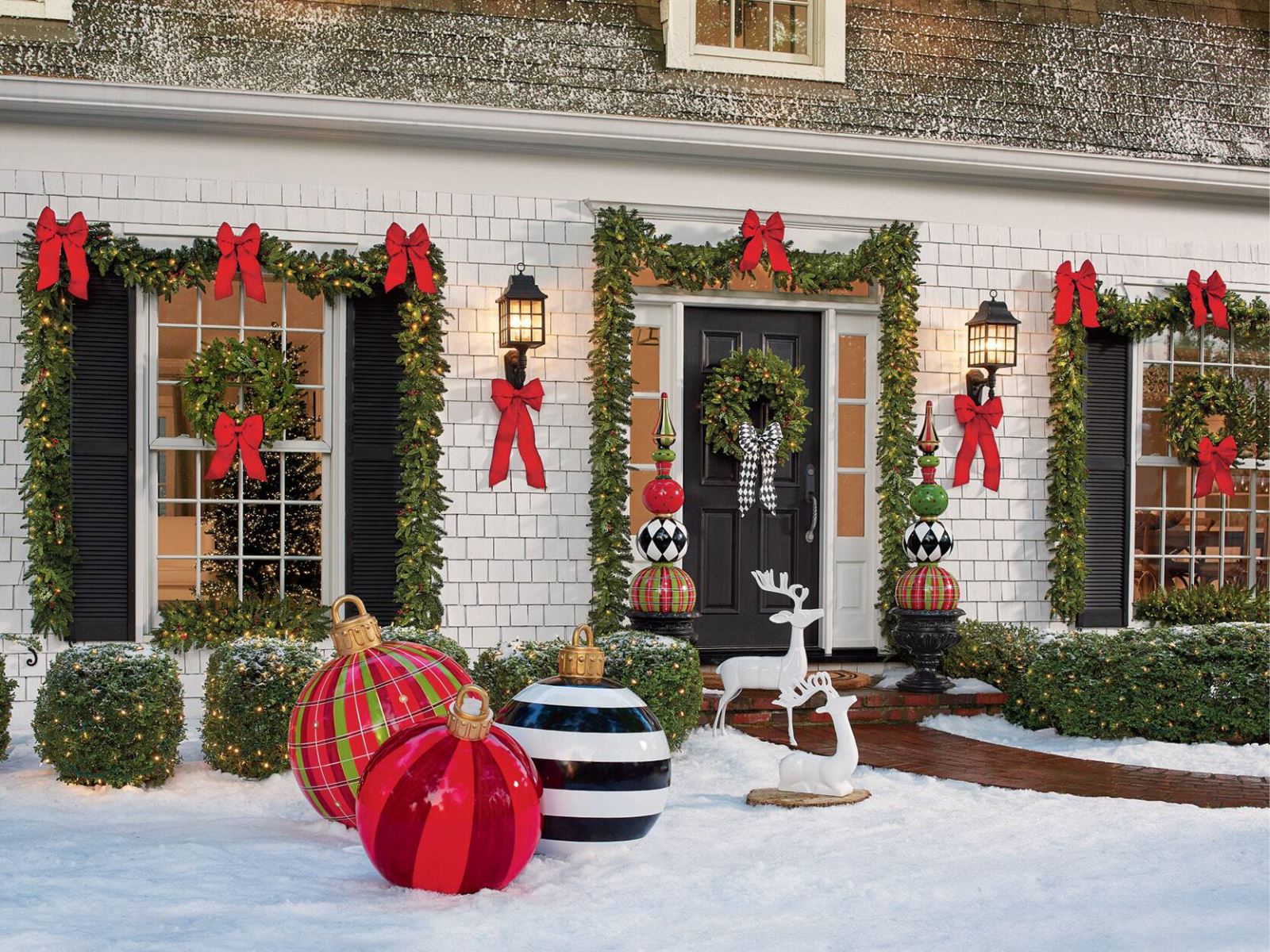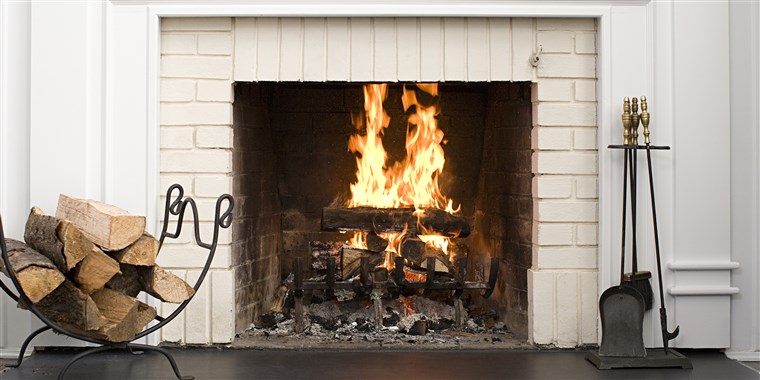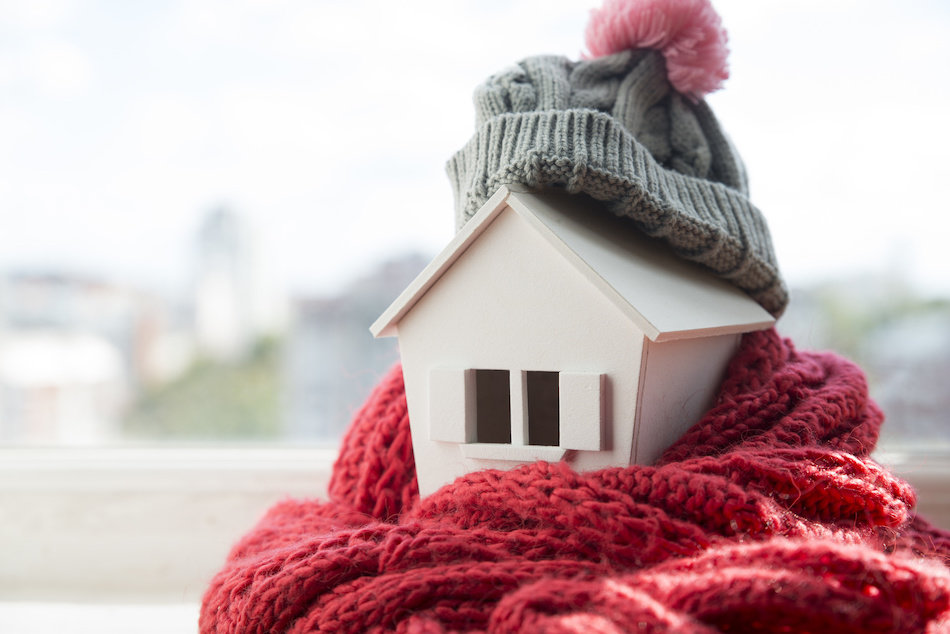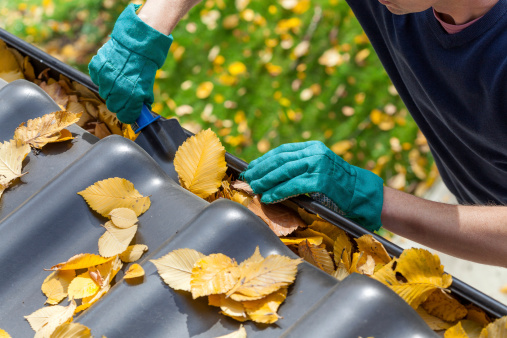Make Your Outdoor Decorating Merry, Bright and Safe

For many people, this is the time of year for dressing up their home and yard in lights galore! The planning and prepping are exciting and fun but keep safety in mind. Following these tips will have your outdoor decor safely sharing holiday cheer!
-
Outdoor decor requires lights and extension cords that are manufactured for outdoor use. Look for this information on the packaging or tag at the end of the cord. Heavy-duty extension cord plugs should have a three-prong ground plug.
-
Do not use lights that have stayed out since last year! Non-commercial light strands are only safely exposed to the elements for 90 days. Any longer, and deterioration of the insulation will begin.
-
Outdoor receptacles should be ground fault circuit interrupter (GFCI) outlets which will shut off power in case of electrical overload. If your home does not have enough outdoor outlets, purchase a portable outdoor GFCI plug. Safety outweighs any extra cost.
-
As you unpack the decorations, inspect older lights for frayed wires, nicks, or cuts along the outer cord, as well as broken bulbs. Broken bulbs can be replaced but toss the strands with damaged cords in the garbage.
-
Use clips or hangers that are UL-approved--never nail, tack, or staple lights to any fixture.
-
Before adding lights to tree branches or tall fixtures, make certain no power lines run through the branches, and keep all lighting at least ten feet from power lines.
-
Only connect strands with the same number of bulbs--in other words, do not connect a 100-strand with two 25-strands.
-
Avoid using a metal ladder if you are having to get up high with your lights--use wooden or fiberglass instead. If metal is your only choice, do not plug the lights in until installation is complete.
-
LED light strands should never be connected to incandescent lights. Now may be the time to think about using all LED lights. The start-up cost will be higher, but it will save money on your power bill as well as in replacement costs--LEDs can last up to twenty years!
Know your home’s electrical limits and use common sense and care while decorating. No one wants the friendly neighborhood competition to turn into a disaster or experience a classic Clark Griswold power outage at home. Keep your holidays merry, bright, and safe!
Courtesy of Chester County PA Realtor Scott Darling.
Photo credit: www.grandinroad.com
.jpg)












